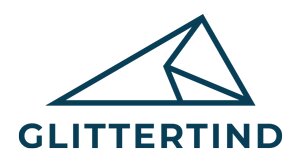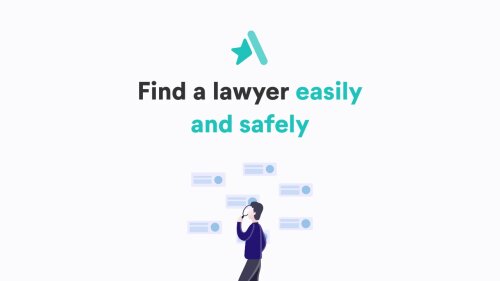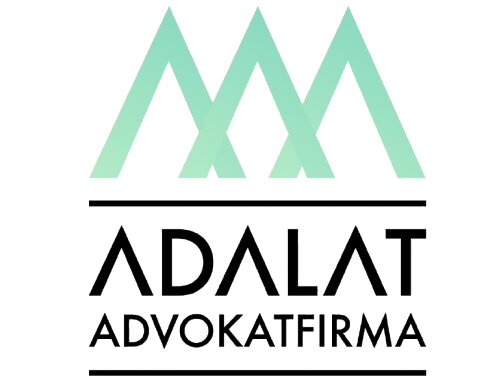Best General Litigation Lawyers in Oslo
Share your needs with us, get contacted by law firms.
Free. Takes 2 min.
List of the best lawyers in Oslo, Norway
About Litigation Law in Oslo, Norway
Litigation in Oslo, Norway, involves resolving disputes through the court system. This can include civil cases (such as contract disputes, tort claims, and property disputes), criminal cases, and administrative cases. The litigation process in Norway is generally governed by the Norwegian Dispute Act, which outlines the procedures for handling civil disputes. The legal system is structured into several levels, including the District Court (Tingrett), Appeal Court (Lagmannsretten), and the Supreme Court (Høyesterett). Understanding the local legal framework is crucial for effectively navigating the Norwegian judicial system.
Why You May Need a Lawyer
Individuals may require legal assistance in litigation for various reasons, including:
- Contractual Disputes: Issues related to breach of contract or disagreements over contractual terms.
- Personal Injury Claims: Seeking compensation for injuries sustained due to another party's negligence.
- Property Disputes: Conflicts over property ownership, boundaries, or rental agreements.
- Family Law Cases: Matters such as divorce, custody battles, or inheritance disputes.
- Business Litigation: Challenges related to commercial transactions, partnerships, or corporate governance.
- Criminal Defense: Representing individuals accused of crimes.
Local Laws Overview
Several key aspects of local laws are particularly relevant to litigation in Oslo, Norway:
- Norwegian Dispute Act: Governs civil procedure, including filing suits, presenting evidence, and court proceedings.
- Criminal Procedure Act: Regulates the process for criminal cases, from investigation to trial and appeals.
- Contracts Act: Sets out rules regarding the formation, interpretation, and enforcement of contracts.
- Land Registration Act: Deals with the registration of property and real estate transactions.
- Inheritance Act: Governs the distribution of a deceased person's estate and inheritance rights.
Frequently Asked Questions
What is the first step in initiating a lawsuit in Oslo?
The first step is to file a claim (stevning) with the District Court (Tingrett). This document must outline the facts, legal basis for the claim, and what outcome you are seeking.
How long does a typical litigation process take in Oslo?
The duration of the litigation process varies depending on the complexity of the case. Simple cases can take months, while more complex disputes can take years.
Can I represent myself in court?
Yes, you can represent yourself in court (known as "pro se" representation), but it is often advisable to have a lawyer due to the complexity of legal procedures and rules of evidence.
What are the costs associated with litigation?
Costs can include court fees, legal fees, and other expenses related to gathering evidence and expert witnesses. In some cases, the losing party may be ordered to pay the winning party's costs.
Is mediation or arbitration an option in Oslo?
Yes, mediation and arbitration are common alternatives to court litigation in Oslo. They can be faster and less expensive methods of resolving disputes.
What should I bring to my first meeting with a lawyer?
Bring any relevant documents, such as contracts, correspondence, and records related to your case. Having a clear timeline of events and a list of key facts will also be helpful.
How do I ensure my lawyer is qualified?
Check that your lawyer is a member of the Norwegian Bar Association (Advokatforeningen), which ensures they have the necessary qualifications and adhere to professional standards.
What happens if I lose my case?
If you lose your case, you may be required to pay the other party's legal costs in addition to your own. You may also have the option to appeal the decision to a higher court.
Are court proceedings public in Norway?
Yes, court proceedings are generally public in Norway. However, there are exceptions for cases involving minors or sensitive information.
What are my rights if I am arrested in Norway?
If you are arrested, you have the right to be informed of the charges against you, to contact a lawyer, and to be brought before a judge within a reasonable time.
Additional Resources
The following resources can provide additional help and information:
- Norwegian Bar Association (Advokatforeningen): Offers resources and a directory of practicing lawyers.
- Oslo District Court (Oslo Tingrett): Provides information on court services and procedures.
- The Legal Aid Foundation (Fri Rettshjelp): Offers free or affordable legal services to those who qualify.
- Norwegian Courts Administration (Domstoladministrasjonen): Contains information about the court system and procedures.
Next Steps
If you need legal assistance in litigation, follow these steps:
- Identify Your Needs: Determine the specific legal issue you are facing.
- Gather Documentation: Collect all relevant documents and evidence related to your case.
- Consult with a Lawyer: Seek legal advice from a qualified lawyer. You can use the resources mentioned above to find one.
- Understand Your Options: Discuss your options with your lawyer, including the possibility of mediation or arbitration.
- Proceed with Legal Action: If necessary, your lawyer will help you initiate and navigate the litigation process.
Lawzana helps you find the best lawyers and law firms in Oslo through a curated and pre-screened list of qualified legal professionals. Our platform offers rankings and detailed profiles of attorneys and law firms, allowing you to compare based on practice areas, including General Litigation, experience, and client feedback.
Each profile includes a description of the firm's areas of practice, client reviews, team members and partners, year of establishment, spoken languages, office locations, contact information, social media presence, and any published articles or resources. Most firms on our platform speak English and are experienced in both local and international legal matters.
Get a quote from top-rated law firms in Oslo, Norway — quickly, securely, and without unnecessary hassle.
Disclaimer:
The information provided on this page is for general informational purposes only and does not constitute legal advice. While we strive to ensure the accuracy and relevance of the content, legal information may change over time, and interpretations of the law can vary. You should always consult with a qualified legal professional for advice specific to your situation.
We disclaim all liability for actions taken or not taken based on the content of this page. If you believe any information is incorrect or outdated, please contact us, and we will review and update it where appropriate.
















